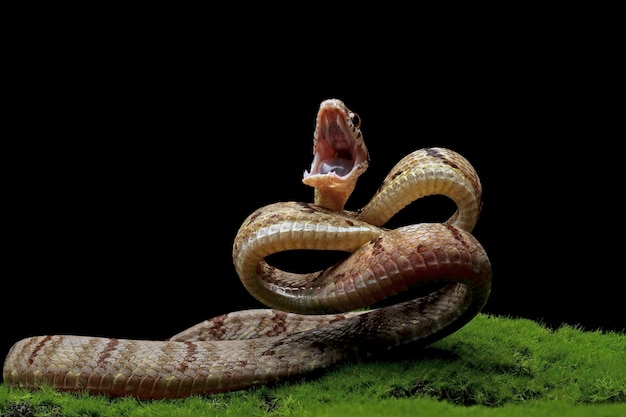Axolotl Facts – Discover the Amazing World of These Unique Creatures

Axolotls are also known as Mexican walking fish, although they are actually amphibians, not fish.
These unique creatures have the ability to regenerate their limbs, spinal cord, heart, and even parts of their brain.
Axolotls can live up to 15 years in captivity with proper care.
They are native to only a few lakes in central Mexico, including Lake Xochimilco.
Axolotls have incredible regenerative abilities, allowing them to heal wounds without scarring.
These amphibians are neotenic, meaning they retain their larval features throughout their entire lives.
Axolotls come in various colors including white, gold, black, and wild type (dark brown with speckles).
They have frilly, external gills that help them absorb oxygen from the water.
Axolotls have a unique way of breathing, using both their gills and lungs.
They are often used in scientific research due to their regenerative abilities.
Axolotls play an important role in their ecosystem by consuming small aquatic organisms, helping to control populations.
These creatures are excellent at camouflage, blending into their surroundings to avoid predators.
Axolotls are relatively small, typically growing to about 9-12 inches in length.
They are voracious eaters, consuming a diet consisting mainly of small invertebrates and worms.
Axolotls have a torpedo-shaped body with a long, flat tail that they use for swimming.
These amphibians are popular pets due to their unique appearance and low maintenance requirements.
Axolotl Facts – Discover the Amazing World of These Unique Creatures part 2
Axolotls have poor eyesight but are very sensitive to light changes.
They are nocturnal creatures, becoming more active at night.
Axolotls have a strong sense of touch due to a large number of sensory cells in their skin.
These amphibians communicate through touch and chemical signals.
Axolotls are not typically aggressive towards humans or other species.
They have the ability to detect electric fields, which helps them locate prey in murky water.
Axolotls have been referred to as living fossils because their physical appearance has remained virtually unchanged for millions of years.
They are not endangered in the wild, but their natural habitat is under threat due to pollution and urbanization.
Axolotls are able to self-fertilize, meaning they can reproduce without a mate if necessary.
They lay their eggs on aquatic plants and protect them until they hatch.
Axolotls have been used in cosmetic testing to measure the toxicity of certain substances.
Their regenerative abilities offer hope for medical advancements in human tissue and organ regeneration.
Axolotls have a high tolerance for cold water and can survive in temperatures as low as 50°F.
These amphibians are known for their friendly and docile nature, making them great aquatic pets.
Axolotls have a unique courtship dance ritually performed by males to attract females.
They rely on their keen sense of smell to locate prey in their environment.
Axolotls are one of the few species of salamanders that do not undergo metamorphosis.
They have a high resistance to cancer, opening up possibilities for cancer research.
Axolotls can regenerate not just limbs, but also parts of their vital organs.
They have a fast metabolism and should be fed small meals daily.
Axolotls are known to live in groups in the wild, often interacting with each other.
These amphibians have been considered a delicacy in certain parts of Mexico.
Axolotls have been bred in captivity to exhibit various color morphs, leading to a wide range of unique appearances.
They are able to regenerate their spinal cord even if it is severed.
Axolotls are becoming increasingly popular in the pet trade, but it is important to ensure they are sourced ethically.
They have a high oxygen demand due to their external gills.
Axolotl populations have been affected by the introduction of non-native fish species into their native habitats.
These fascinating creatures have captivated scientists and researchers for centuries.
Axolotls are the subject of many myths and legends in Mexican folklore, symbolizing transformation and rebirth.

